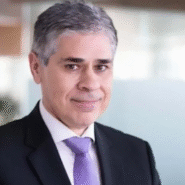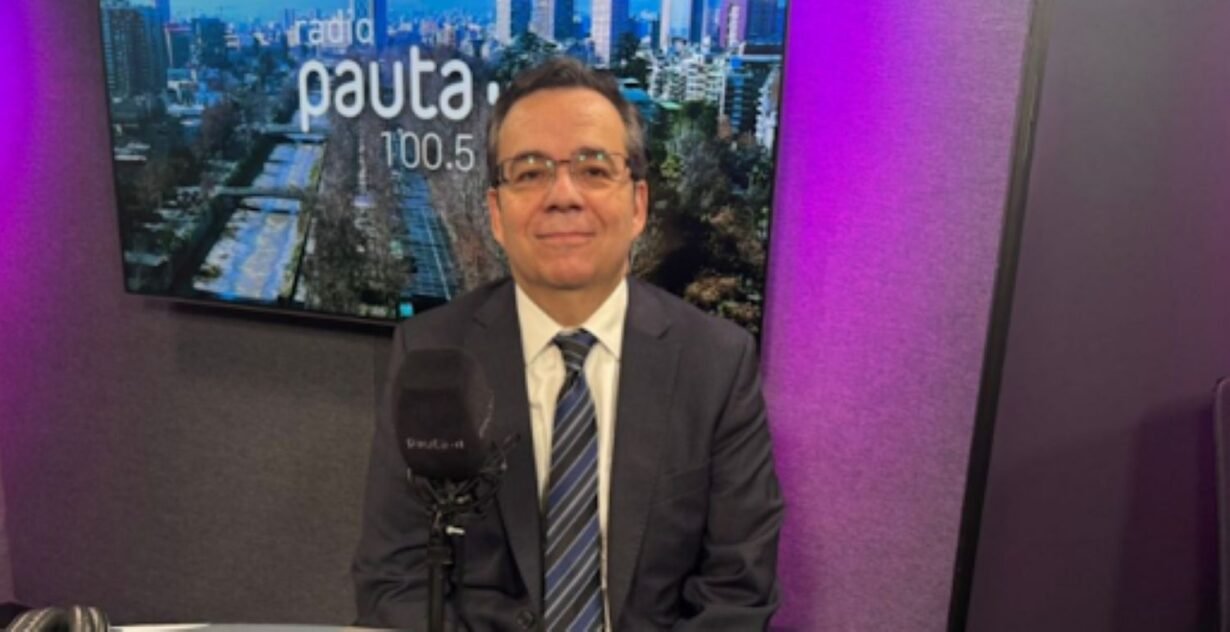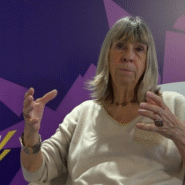Luis Felipe Céspedes, born on October 17, 1970 (age 55) in Santiago de Chile, is a member of the Board of the Central Bank of Chile. He also serves as a full professor at the Faculty of Economics and Business in Chile. In the political sphere, he held the position of Minister of Economy, Development, and Tourism during Michelle Bachelet’s second presidency, from 2014 to 2017.
In the past, Céspedes worked at the Central Bank of Chile as the manager of economic research. Between 2006 and 2009, he also served in the Ministry of Finance as the coordinator of economic policies and chief economic adviser. Céspedes has held several positions and has been invited to numerous events due to his extensive academic and professional background.
Céspedes’ Academic Background
After completing his primary and secondary education, Luis Felipe Céspedes entered the Pontificia Universidad Católica de Chile, where he pursued two degrees. He first graduated as a Business Engineer with a specialization in Management, and later completed the same degree with a specialization in Economics. Both degrees were obtained in Chile before he continued his studies abroad.
In the United States, at New York University, the Chilean economist earned a Master’s degree in Economics and later a Ph.D. in the same field. The difference lies in the fact that the MBA is a postgraduate program, while the Ph.D. is the highest academic degree attainable, allowing a deeper specialization in a chosen discipline.
Throughout his life, Céspedes has focused his studies on several fields, including Macroeconomics, International Finance, Monetary Economics, and Fiscal Policy. He is also recognized as an outstanding university professor and has received awards for his high teaching standards.
For several years, Céspedes taught at the Business School of Universidad Adolfo Ibáñez until 2019. Five years earlier, he was named the best professor in the Executive MBA program and was also awarded as the top researcher within the same institution. At the Pontificia Universidad Católica —where he completed his two degrees— he also lectured in the subject of International Economics.
At the Chilean university, he has been part of the academic team in the Department of Industrial Engineering and Economics. He also holds the position of “Non-Resident Fellow” at the Center for Global Development, acting as a researcher and collaborator in various policy and research projects, a role he has held since 2019.
Commitment to Research
The Chilean economist has participated in various monetary organizations and research funds. On multiple occasions, Céspedes has served as a visiting researcher —a role that involves traveling abroad to collaborate on international projects. He has worked as a visiting researcher for the International Monetary Fund and the Inter-American Development Bank, as well as for the Department of Economics at Columbia University.
Beyond his research roles, Céspedes has contributed extensively to the academic field. His areas of study have led him to collaborate on articles, books, and journals. Over a two-year period, he served as editor of Banca Central, a journal specializing in Economics. In addition to teaching Macroeconomics and International Finance, he has written several book chapters.
Céspedes’ Perspective on Chile’s Economic Future
As an expert in international finance and economics, Céspedes warned that “the main source of risk to financial stability comes from abroad, particularly from the uncertainty surrounding tariff announcements.” This statement by the Central Bank of Chile’s board member was made in mid-2025, when he described the economic outlook as “uncertain.”
In this context of global instability, Céspedes emphasized the “stability” of Chile’s financial system, noting that “the country’s banks are well-capitalized and maintain liquidity levels that provide security.”
How did he summarize Chile’s economic condition? “Our economy is balanced, without macroeconomic imbalances, and our financial system is well-capitalized,” stated the seasoned economist —a highly respected voice in Chile’s financial and academic landscape.
As part of the Central Bank Council, in addition to identifying factors reflecting progress in the country’s fight against inflation, Luis Felipe Céspedes called for increased “productivity” nationwide. He also analyzed the real estate sector and its potential impact on financial institutions: “The banking system appears well-prepared to face the deterioration of real estate portfolios thanks to prudent management under current regulations.”
Beyond his assessments, Luis Felipe Céspedes stands as a leading and highly credible figure in economics, finance, and policy —a professional whose deep expertise continues to shape the economic discourse of Chile.








